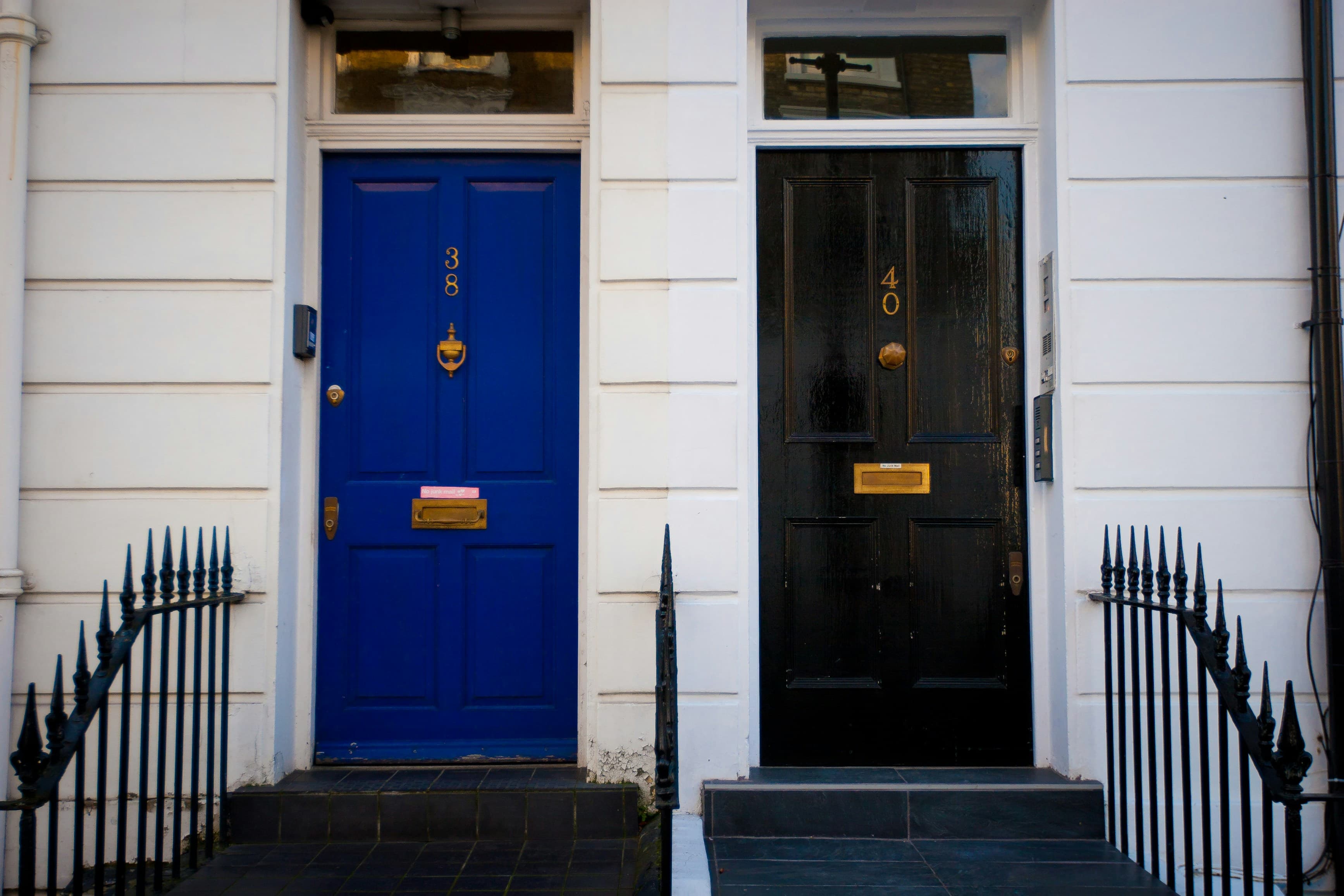Comprehensive guide to security and safety for different groups in property in London for buyer
 TheHub@Druce
TheHub@Druce- •
- 12 Mar 2025

Comprehensive guide to security and safety for different groups in property in London for buyer
Table of Contents
Comprehensive Guide to Security and Safety for Different Groups in Property in London
This guide provides an in-depth exploration of security and safety measures tailored to buyers, sellers, landlords, and tenants involved in property transactions and tenancies in London, as of March 12, 2025. It addresses the unique needs and responsibilities of each group, ensuring compliance with local regulations and promoting a safe living and working environment.
Introduction to Safety and Security in London Property
Safety and security are critical in London's dynamic property market, where diverse regulations and urban challenges shape the experiences of buyers, sellers, landlords, and tenants. Buyers seek safe neighborhoods, sellers ensure secure viewings, landlords must comply with stringent safety laws, and tenants rely on safe living conditions. This guide draws from research and expert recommendations to provide comprehensive guidance, highlighting specific London regulations like fire safety for Houses in Multiple Occupation (HMOs), which might be an unexpected detail for some, especially landlords managing multiple units.
Section 1: Buyers

When purchasing a property in London, ensuring its safety and security is paramount. Here’s what you need to consider:
Neighbourhood Safety
- Crime Rates: Use the Metropolitan Police's crime map (Met Police) to check the number of reported crimes in the area. This will give you an idea of the neighborhood's safety, with data showing variations across boroughs, such as higher rates in central areas like Westminster compared to outer suburbs.
- Local Reputation: Talk to local residents, estate agents, or friends who live in the area to get a sense of the neighborhood's safety and any potential issues, such as noise or anti-social behavior.
Property Condition
- Surveyor’s Report: Hire a reputable surveyor to inspect the property for structural defects, electrical issues, or plumbing problems. This will help you identify any hidden hazards or costly repairs needed, such as dampness or asbestos, which are common in older London properties.
- Hazardous Materials: Ensure the property is free from hazardous materials like asbestos or lead paint, which can pose health risks, especially in pre-1970s buildings. Check for surveyor reports or ask for documentation.
Fire Safety
- Smoke Detectors and Fire Extinguishers: Check if the property has working smoke detectors and fire extinguishers. Ensure they are installed in appropriate locations, such as kitchens and hallways, and are up to date, with batteries replaced annually.
- Escape Routes: Make sure there are clear escape routes and that the property complies with fire safety regulations, particularly for flats in multi-unit buildings, which may require fire doors and compartmentalization.
Security Features
- Doors and Windows: Look for properties with secure doors and windows, preferably with modern locking systems like multi-point locks, which are recommended by the London Fire Brigade for added security.
- Burglar Alarms: Consider properties that already have a burglar alarm system installed, or plan to install one after purchase, especially in areas with higher burglary rates.
- Neighborhood Security: Check if the neighborhood has any security features like gated communities, security patrols, or CCTV cameras, which can enhance safety, particularly in luxury areas like Kensington.
Flood Risk
- Flood Maps: Use the Environment Agency's flood map (Environment Agency) to determine if the property is in a flood-prone area. This is crucial for properties near rivers like the Thames or in low-lying areas like parts of East London, with potential impacts on insurance costs.
Legal Compliance

- Building Regulations: Ensure that the property has all necessary building regulations sign-offs, especially for any recent renovations or extensions, which must comply with London Plan 2021 standards.
- Legal Disputes: Check if there are any outstanding legal issues or disputes related to the property that could affect your ownership or safety, such as unresolved planning permissions or tenant disputes.
Tips for Buyers

- View at Different Times: Visit the property at different times of the day to assess noise levels, lighting, and overall safety, particularly in busy areas like central London.
- Ask Neighbours: Speak to neighbors to get their perspective on the area's safety and any issues they've experienced, such as frequent break-ins or traffic hazards.
- Check Safety Features: Ensure that all safety features are functional and up to date. Ask for documentation like gas safety certificates or electrical inspection reports, which are legally required for rentals but useful for buyers.
- Consider Future Security: Think about any additional security measures you might want to implement after purchase, such as installing security cameras or reinforcing doors and windows, especially in high-crime areas.
Conclusion
Prioritising safety and security is essential for all parties involved in property transactions and tenancies in London. By following these guidelines, buyers, sellers, landlords, and tenants can make informed decisions and take proactive steps to ensure their properties are safe and secure. Always stay informed about local regulations and best practices, such as the specific fire safety requirements for HMOs, to maintain a secure environment. It is recommended to consult with professionals for specific advice tailored to individual circumstances.
Table: Safety Focus by Group
| Group | Primary Safety Focus | Key Actions |
|---|---|---|
| Buyers | Neighborhood safety, property condition, fire safety | Check crime rates, hire surveyor, ensure detectors |
| Sellers | Viewing safety, personal security, legal compliance | Schedule safe viewings, protect information, fix issues |
| Landlords | Fire, gas, electrical safety, security measures | Install detectors, check gas, secure locks |
| Tenants | Inspect property, report issues, personal precautions | Check hazards, report repairs, lock doors |
The #1 tip for a quick sale
London’s property market offers international buyers a wide range of opportunities, whether you're seeking a long-term investment, a high rental yield, a family home, or a second residence. With its stable market, high rental demand, world-class education system, business opportunities, and unmatched lifestyle.
